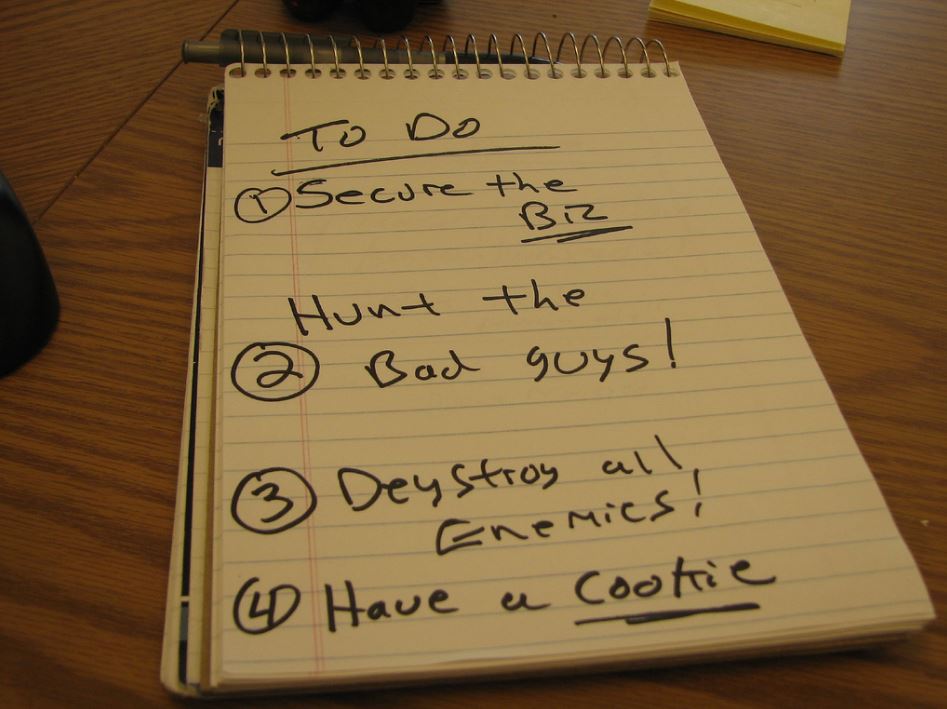Network marketing is exploding across the US. According to the Lotus Group, MLMs now constitute $30 billion, with 90 percent growth over the past ten years. Almost every American has heard a pitch from an independent distributor selling Cutco, Mary Kay, or doTERRA products. Some of these individuals are working a side-gig to supplement their incomes. Others are rocking a full-time career. If you have become involved in one of these networks, which camp do you want to be in? Professionalism in this industry requires extreme commitment and hard work, but the opportunity is there for undreamed-of success.
MLM Hobbyists Set Different Goals Than Professional Direct Sellers
Writing down your goals is an important first step in your business. What kind of network selling goals you set communicates something specific about your intention, ambition, and commitment to your product line. Do you want a little extra money or do you want to become wealthy from your efforts? An MLM hobbyist might first set a goal to make extra money to pay off credit card bills. However, a professional direct seller tends to make more specific goals – to make $100,000 a year or to sell $5,000 worth of product every month.
Brand Loyalty Also Distinguishes a Professional Direct Seller From an MLM Hobbyist
Another challenge network marketers should pay attention to is the search for the right product or service. Professional direct sellers need to be confident in their decision to start their new business, so they spend a lot of time researching available products and services to find something they can be passionate about. MLM hobbyists find their products through friends or colleagues that have found some success. This doesn’t give them the opportunity to explore other products or services that might be a better fit for their lifestyle.
Professional Direct Sellers Use Different Tools to Generate Leads
Technology has become increasingly important in direct selling success in the past several years. Not having as much money to invest in business services restricts MLM hobbyists to using free technology, such as Facebook, Instagram, and free blogging platforms. But, professional direct sellers can set themselves apart with a professional website design. It not only gives them a professional image, but it also creates a branded identity for their business. Investing in a professional website shows customers who they are and why they should trust them.
MLM hobbyists make different decisions about their businesses than professional direct sellers. They set goals, make decisions about the best product or service, and invest their time and money in technology. A professional direct seller makes these decisions based on their specific goals while an MLM hobbyist bases them on their lifestyle. Whatever path you’ve chosen, as long as you make those decisions with confidence, you will find success.


